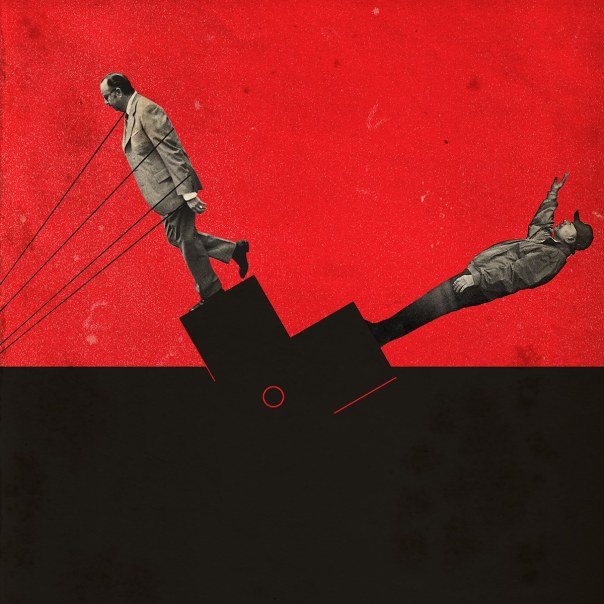
By Lonnie Ruiz, Illustrator, Nicaragua. ©
By Mildred Largaespada
Daniel Ortega’s regime has launched a new communications strategy to circulate his story: he’s offering interviews to the media, asking his militants to approach people even if they have “different politics”, creating new communications media and putting some new faces on those that transmit his messages.
The story is the same: the protests are imperialist attacks; the protesters are criminals and terrorists, the regime isn’t leaving, they want peace. What’s changed are the channels for communication.
Why this fine-tuning of the communications media on the part of the Ortega regime? Because it’s lost the battle for public opinion, one of the most vital political tools. Because it underestimated, scorned, insulted and diminished the people who received their information. Because the regime was thought to be all powerful, so that just because it was them, it would be listened to and believed. They forgot the tiny detail that it takes two to communicate: the broadcaster and the recipient. And they accepted as true the numbers that showed the regime’s communications channels to be “the most watched”, “the most followed”, “the most listened to”. Daniel Ortega and Rosario Murillo believed themselves to be influencers because that’s what their analyses, imbued with ideological biases and conceit, made them believe.
Now all of the channels for communicating Ortega’s story have been weakened: his TV stations lost audience; no one believes his newscasts and few watch them; ditto his pages on the social networks. Rosario Murillo’s midday discourses are listened to, but only to know what new insult the regime has bestowed on the dead and the protesters: “miniscule people”, “ants”, “vandals”, etc.
In other words, they’re listened to because they provide fuel to the fire that was lit in April. The same thing happens when Ortega speaks in the public plaza; it helps maintain the people’s ire and reveals his strategies. The huge signposts with the images of the smiling regime leaders are now garbage; the vice president’s “trees of life” are a forest of downed iron; they were always weak on social media because they’ve always considered it frivolous entertainment. That’s the worst possible situation for a politician – weakened communications channels with almost nobody on the other end of them, only those who are loyal to their orders and commands, who at any rate don’t need to be convinced.
